Recipes are like blueprints for building intricate structures with your food; cooking is undoubtedly an art. Even if you are a master chef or someone learning the basics of cooking, we have all faced questions about recipes, ingredients, or processes at some point.
This guide gets to the bottom of all those factors, from spelling to why butter always plays a leading role in recipes. We will also tackle the more complex — pickled garlic, creme franchise, and dog food decisions!
At Oooh Delish!, we promise more than just a recipe — we solve home cooks’ daily dilemmas. This in-depth article will provide the answers you want while diving deeper into the culinary information pool.
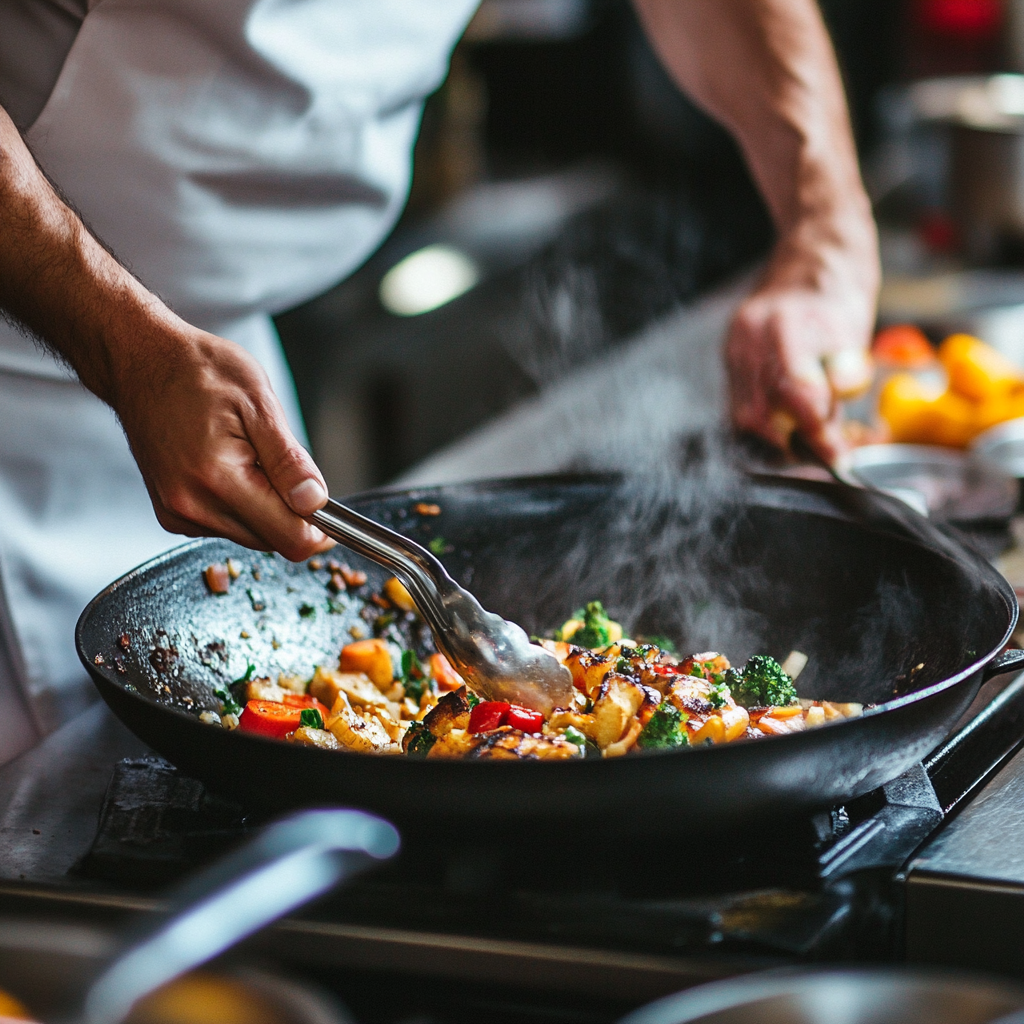
Table Of Contents
1. How to Spell Recipe
Answer:
The recipe is spelled R-E-C-I-P-E. It is a term used in cooking, and it means an intelligible direction for preparing any dish. Recipes are essential for professional chefs and home chefs like you because they provide a blueprint for making a meal using ingredients through step-by-step methods.
Importance of the Word:
In the culinary world, “recipe” is not just a word but the basis of ensuring that every dish is made with consistency, quality, and flavor. The word’s etymology comes from the Latin ‘recipe’ to take or receive. In history, recipes were written instructions such as “take this” or “take that,” which evolved into the concept of the recipe we know today.
Variations in Spelling:
While “recipe” is the same, all other languages have a version of it (even if it’s spelled differently):
- French: “Recette”
- Spanish: “Receta”
- Italian: “Ricetta”
Note: The spelling of “recipe” is the same as that of English, and any confusion about this word generally occurs in informal speech/writing.
Usage Example in Sentences:
“Do you have the recipe for the chocolate chip cookies?”
“Had a new recipe I tried out last night, and it came out fantastic!”
2. What Does Butter Contribute to a Recipe?
Answer:
Butter is one of the foundational ingredients in cooking and baking that adds several critical properties to dishes. Here are the contributions of butter into cooking preparations:
Flavor:
But especially in savory recipes, it also lends a rich, creamy and slightly sweet flavor. This delicate flavor enhancement makes butter an integral part of a variety of baked goods, including every cookie, cake, and pastry you can think of. It additionally gives the ideal depth of flavor to accompaniments of dishes like sauces, vegetables and meats.
Texture:
This is very important for the texture we want to achieve when baking with butter. For cakes, muffins, and bread, it assists with the right amount of fluffiness and moisture. Butter is beneficial cold (like in pie crusts or croissants) for making a flaky, tender texture for pastries.
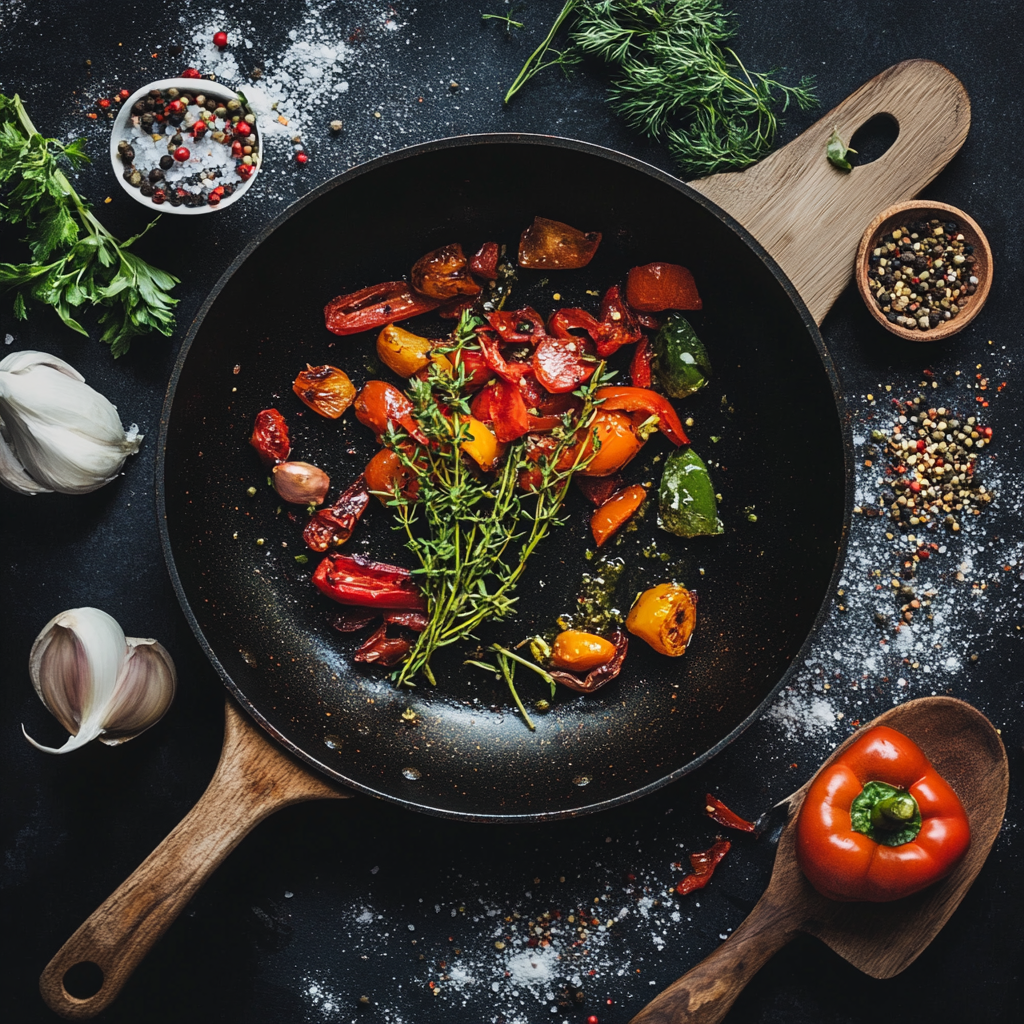
Moisture:
Butter offers moisture, essential for texture in baked products and sea salt. It provides structure for doughs and batters and helps prevent dish drying. It also gives body and velvetiness to creamy sauces and soups.
Emulsification:
The combination of water and fat in butter provides an ideal emulsifier. So, it acts as a glue for ingredients that would otherwise separate — think emulsified dressings, sauces (like hollandaise), or mayonnaise.
Browning and Caramelization:
The Maillard reaction (the chemical process that causes browning) is critical to developing complex flavors while roasting vegetables, meats and baked goods — butter is an essential factor there, too. The milk solids in butter brown when heated, lending some additional roundness and nuttiness of flavor.
Breakdown of Butter’s Contributions in Recipes:
| Function | Description | Examples |
|---|---|---|
| Flavor | Adds a rich, creamy taste | Baking, sautéing, sauces |
| Texture | Creates fluffiness or flakiness | Cakes, cookies, pie crusts |
| Moisture | Keeps dishes moist and tender | Muffins, breads, pasta sauces |
| Emulsification | Binds ingredients together | Dressings, mayonnaise, hollandaise |
| Browning/Caramelization | Deepens flavor and adds color | Roasted vegetables, seared meats |
3. Is Nature’s Recipe a Good Dog Food?
Answer:
Nature’s Recipe | Approximately $1 per pound Nature’s Recipe is a well-known natural, meat-based dog food brand made from quality ingredients in the pet food market. It is formulated to give dogs the necessary vitamins and minerals for remaining healthy and active. But is it the best choice for your animal companion?

Natural Recipes: The First Few Things To Remember
- Ingredients: High-quality meats like chicken, lamb, and turkey are always the first ingredient. These are served with grains, vegetables and fruits to provide a healthy diet.
- Preservative-Free: With no artificial colors, flavors, or preservatives added to the food, the brand takes pride in making healthy choices for your dog.
- Grain-Free Lines (For Dogs With Grain Intolerance): Dogs with food allergies or sensitivities to grains benefit from grain-free recipes. Nature’s Recipe also has those options, using sweet potatoes and peas instead of the usual carbohydrate sources.
- Range of Formulas: Nature’s Recipe has formulas for every life stage, and there are also options specifically geared towards weight control, sensitive stomachs, or puppies needing additional protein.

Comparison Table of Popular Nature’s Recipe Formulas:
| Formula | Main Protein | Key Features | Ideal For |
|---|---|---|---|
| Nature’s Recipe Chicken & Rice | Chicken | No artificial additives, easy digestion | Adult dogs with sensitive stomachs |
| Nature’s Recipe Lamb & Rice | Lamb | Rich in omega-3 and omega-6 fatty acids | Dogs needing skin & coat health |
| Nature’s Recipe Grain-Free | Turkey | Free of grains, gluten, and artificial preservatives | Dogs with food sensitivities or allergies |
| Nature’s Recipe Senior | Chicken | Lower calorie, high fiber, for older dogs | Senior dogs needing weight management |
Pros of Nature’s Recipe:
- The first ingredient is a whole meat source of animal protein.
- Grain-free and extra of the sensitive formula
- No artificial flavors, colors or preservatives
- Provides targeted formulations for various life stages and health concerns.
Cons of Nature’s Recipe:
- Although grain-free recipes are available, some still use grain-based ingredients that could worsen your pup’s allergy.
- More expensive than some mainstream dog food brands, but only by a little!

Conclusion:
Description Nature’s Recipe is a good dog choice, especially if you want natural ingredients without synthetic additives. But check with your vet if it’s an appropriate meal for your dog.
4. What Canned Chilli Do I Use for Chilli Fries Recipe?
Answer:
For chili fries, you’ll want a chili that is thick and bursting with flavor but not soupy. Canned chili is the best cheat — scour the cans of your local grocery store for exactly the brand that replicates flavor and thickness. Below are some of the best available canned chili that you can use for your chili fries.
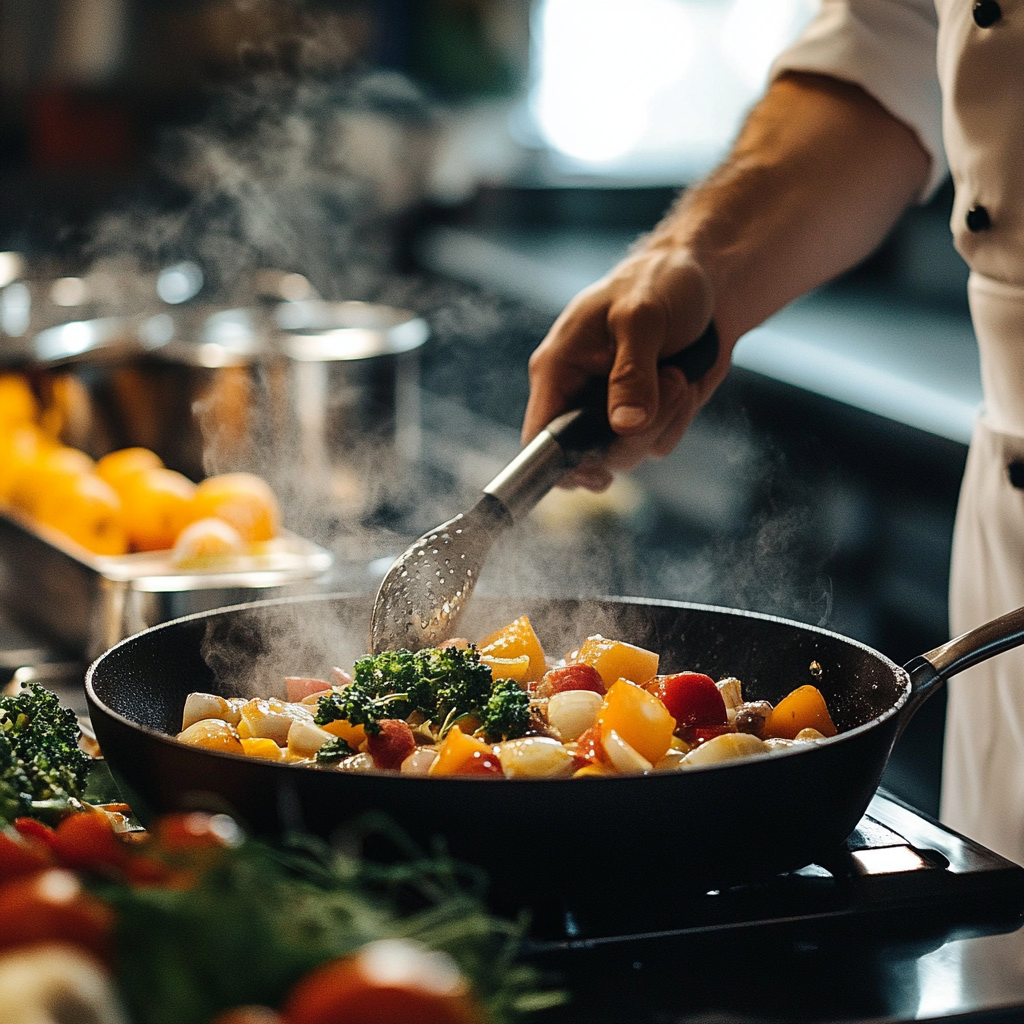
Recommended Canned Chili Brands for Chili Fries:
| Brand | Type of Chili | Key Features | Best For |
|---|---|---|---|
| Wolf Brand Chili | Beef or Chili with Beans | Thick, rich flavor, perfect for topping fries | Classic chili fries |
| Hormel Chili | Beef, with or without beans | Affordable, widely available, various heat levels | Quick and easy chili topping |
| Stagg Chili | Beef or Turkey chili | Known for hearty texture and bold seasoning | For a spicier chili fry recipe |
| Skyline Chili | Cincinnati-style chili | Thin, flavorful with unique spices | For a more aromatic chili fry |
How to Prepare Canned Chili for Chili Fries:
- Heat some of your favorite canned chili in a small saucepan.
- Put on medium heat and let it simmer for 5-10 minutes to heat up. You can cook uncovered to reduce it slightly if you like a thicker chili.
- Start with your fries, baked or fried, to golden crisp perfection.
- Pour the hot chili over the fries and top with cheese, sour cream and green onions as desired.
Tip: Add a shake of cayenne pepper or chili powder for a more flavorful dip if you want to spice it up!
5. Can You Patent a Recipe?
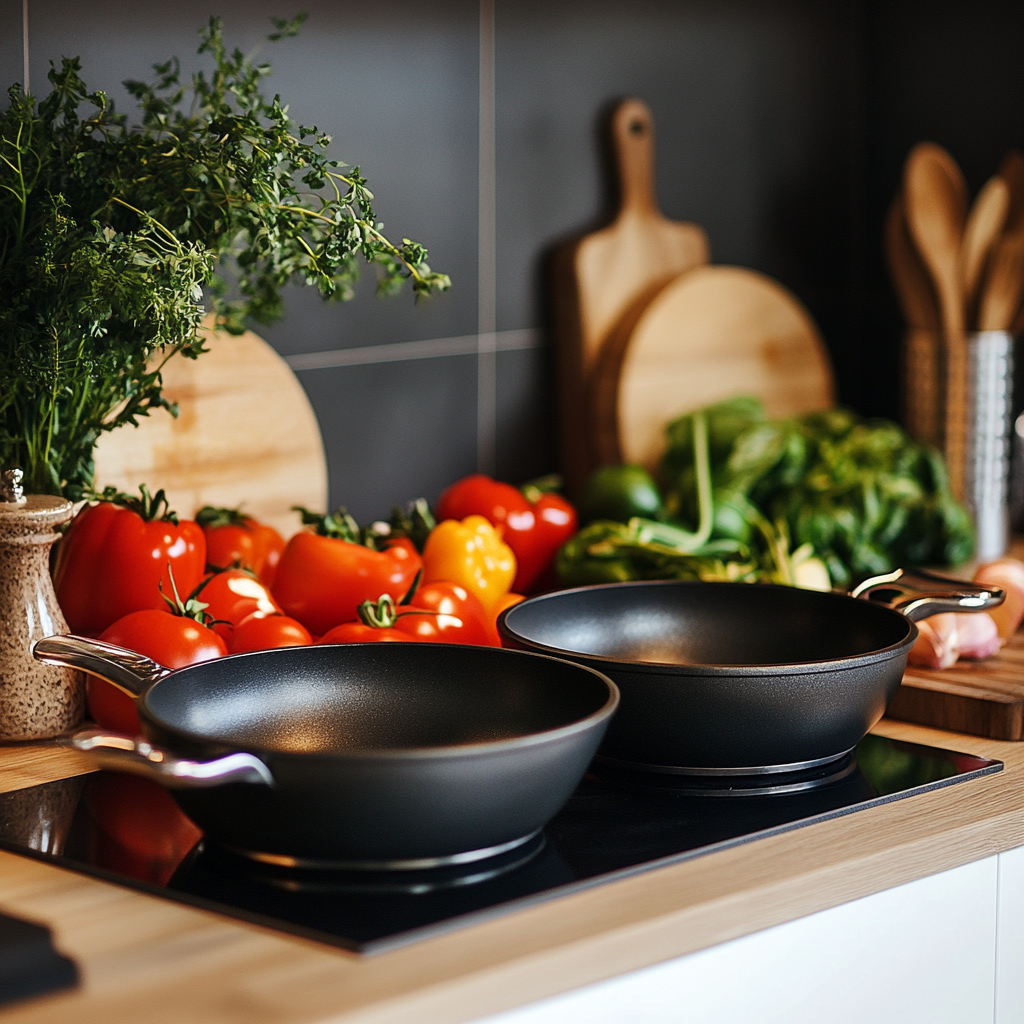
Answer:
The short answer is that you cannot patent a recipe—at least, not in the traditional sense of what we consider a recipe. Nevertheless, suppose your recipe or culinary creation is truly one of a kind, and you believe it to be worth protecting. In that case, there are other safeguarding mechanisms for your grill Garmin.
Recipes Cannot Be Patented — Here’s Why
There are particular criteria that something needs to meet for it to be patented.
- Originality: The recipe must be an entirely new creation.
- Non-Obviousness: The recipe must be a neutral addition or combination of other recipes.
- Functional: It has to be inherently practical — there should be a use for the recipe.
Most recipes can be simply duplications of the other available ingredients, so they’re generally not patentable. But there are some other parts of your food creation that you can safeguard.
Protecting Your Recipe — Other Methods
- Copyright: You can obtain copyright on the written form of your recipe (your recipe card or blog post), speaking to originality and preventing others from duplicating your content verbatim in style.
- Trademark: You can trademark the name of a particular dish you sell (e.g., your signature sauce or product).
- Trade Secret: This is about keeping the recipe a trade secret. This is how many companies (e.g., Coca-Cola) secure their recipes.
6. How to Pickle Garlic Recipe?
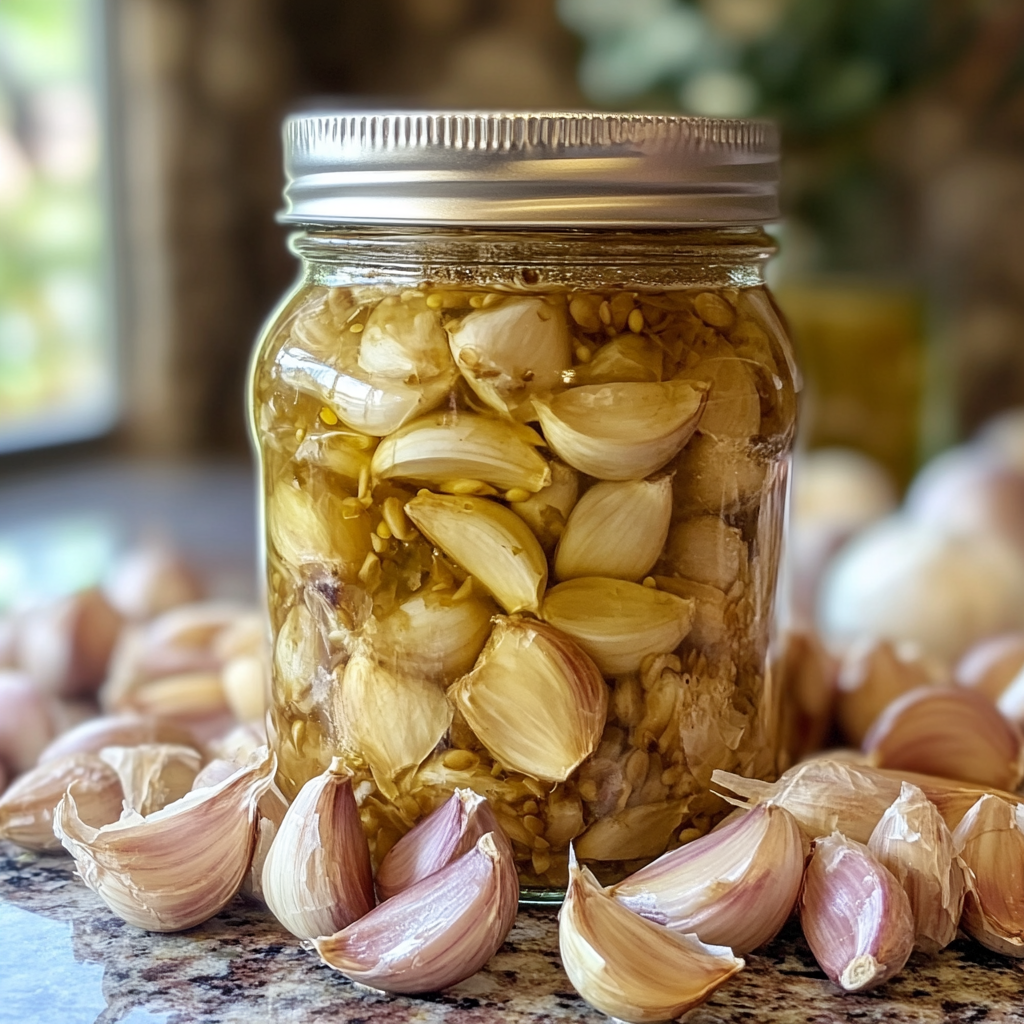
Answer:
Pickling garlic is a fantastic way to preserve garlic and infuse it with tangy flavors. The process is straightforward, and the result is a crunchy, zesty condiment that can be used in a variety of dishes.
Ingredients:
- 10-12 garlic bulbs, peeled
- 1 cup white vinegar (or apple cider vinegar for a milder taste)
- 1/2 cup water
- 1 tablespoon sea salt
- 1 tablespoon sugar (optional, for sweetness)
- 1 teaspoon peppercorns
- 2-3 bay leaves (optional)
- 1-2 teaspoons chili flakes (optional, for a spicy kick)
Instructions:
| Step | Action |
|---|---|
| Step 1 | Peel the garlic cloves and set them aside. |
| Step 2 | Combine vinegar, water, salt, and sugar (if using) in a saucepan. Bring to a simmer, stirring until salt and sugar dissolve. |
| Step 3 | Add garlic cloves, peppercorns, and optional bay leaves or chili flakes to the jar. |
| Step 4 | Pour the hot brine over the garlic cloves, making sure they’re fully submerged. |
| Step 5 | Seal the jar and let it cool to room temperature. Then refrigerate for 3-4 days before using. |
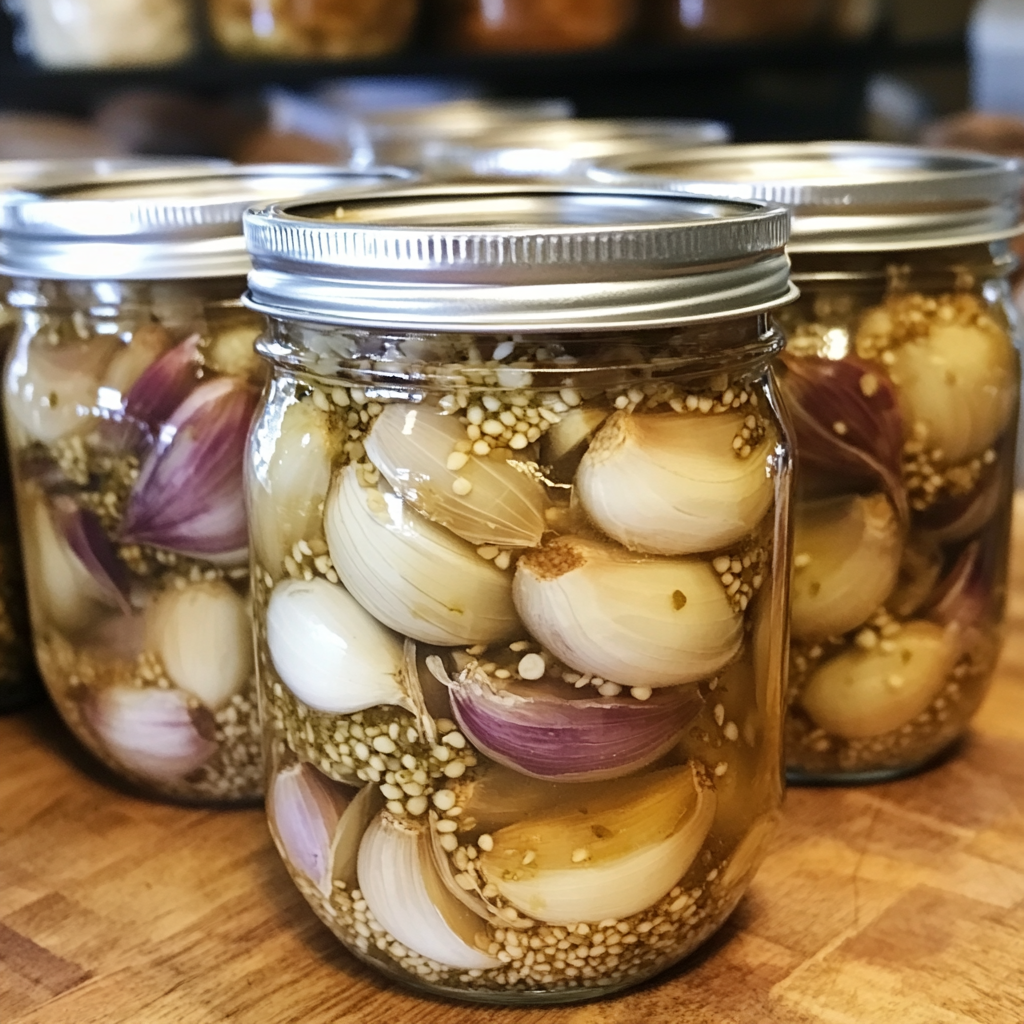
Shelf Life: Pickled garlic can last up to 1-2 months when stored properly in the fridge.
Uses:
- Add to salads or roasted vegetables for extra flavor.
- Use as a topping for pizza or pasta.
- Enjoy as a tangy snack or appetizer.
7. How to Make Creme Fraiche Recipe?
Answer:
Crème fraîche is a tangy, creamy product that’s similar to sour cream but thicker and richer. It’s easy to make at home and adds a luxurious touch to many dishes.
Ingredients:
- 1 cup heavy cream
- 2 tablespoons buttermilk or plain yogurt (for culturing)
Instructions:
| Step | Action |
|---|---|
| Step 1 | In a clean jar, combine the heavy cream and buttermilk (or yogurt). |
| Step 2 | Stir well to mix, then cover the jar with a lid or a cloth. |
| Step 3 | Let it sit at room temperature for 12-24 hours until it thickens and develops a tangy flavor. |
| Step 4 | Once thickened, refrigerate the crème fraîche for at least 2 hours before using. |
Shelf Life: Homemade crème fraîche will keep for up to 2 weeks in the refrigerator.
Uses:
- Add to sauces for a creamy finish.
- Serve with desserts like pies and fruit.
- Stir into soups for extra richness.
Conclusion
Cooking is a learning process — whether you have to spell out a recipe or learn how to make crème fraîche. It answers most if not all, culinary questions with tips and step-by-step where needed.
With that, you have all the information in hand, and now it’s time to cook up and experiment. From pickled garlic to homemade chili fries, the world of things you can create in the kitchen opens up.
References
Also Read

